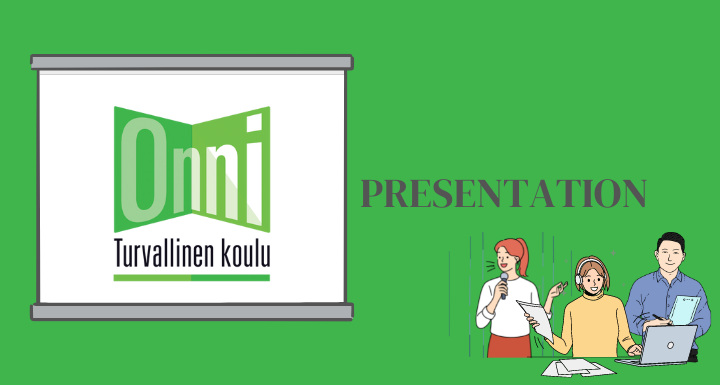ISES 2023: Luck or skill? – Safety management and self-preparedness assessment of comprehensive schools
Event:
International Safety Education Seminar (ISES), 23.-24.11.2023, Linz, Austria.
Title:
Luck or skill? – Safety management and self-preparedness assessment of comprehensive schools
Authors:
M. Waitinen, E. Lindfors, B. Somerkoski
Abstract:
Safety is a multidimensional and holistic concept (Niemelä 2000, Rasimus 2003, Pentti 2003, Waitinen 2011), which is challenging the learning environment. A safe organization is free from situations that can cause damage to the people, property, reputation, knowledge, or continuity of the organization. For example, according to the rescue services´ resource and accident statistic PRONTO, there are around hundred fires at school premises every year (PRONTO). In the light of this, the schools need systematic safety management in the everyday practices, both as a proactive risk-based activity and as a reactive action in the event of an emergency. In his doctoral dissertation (2003), Levä defines safety management as the protection of people, the environment and property, as well as the goal-oriented development of safety.
Working life organisations consist mainly of professionals in their own field. In schools and educational institutions, a significant number of the actors are learners – pupils or students who are just learning things for their future life or profession. Based on everyday knowledge, it can be concluded that the ability of underage learners, in particular, to act in organizational crisis situations is limited. In Finland self-preparedness is defined in the Rescue Act (379/2011), and the implementation of the obligation requires the organisation to identify and assess accident risks, methods for preventing identified risks, and preparedness to act in emergency situations. This study examines the safety management of ten schools in basic education according to the Self-preparedness Assessment, a five-step scale using three dimensions: division of responsibilities, self-supervision and responding to safety deviations. The assessment tool used in this study is implemented from the Monitoring based risk assessment tool used widely in Helsinki Rescue Services. This study is part of a larger study funded by the Ministry of Education and Culture for 2022–2024 for the Faculty of Education, the University of Turku.
The research data consisted of the assessment reports. The assessment event was carried out in ten (n=10) comprehensive schools on-site. In the assessment process the representatives of the school management, teachers and technical staff participated in two assessment activities: safety walk round in the school premises and an assessment interview. After this, the person responsible for the audit provided a report of the visit. We used this report as data for this study. At the assessment, there are five qualitative levels (0 – 5): weak, inadequate, statutory, voluntary and advanced. It seems that the overall statutory level (level 3) was reached in seven out of ten schools. In two schools, safety management remained mainly at an inadequate level. Only one of the schools reached advanced level at the assessment as a whole. Moreover, we identified developmental needs in how the safety responsibilities are shared in the organization and how the organisations are monitoring the safety deviations.
Based on the research results, it seems that schools would need a broader understanding about safety, but also about more practical issues such as establishing safety teams and creating monitoring for safety deviations to develop better situational awareness. Additionally, the study raises concerns on whether the teacher training institutions provide adequate safety management skills for the teachers and headmasters. Without these skills, the safety management at school might be based more on luck than on the principles that systematically and proactively enhance safety culture at schools.
Keywords: safety in educational institution, safety management, safety culture, self-preparedness
More information:

